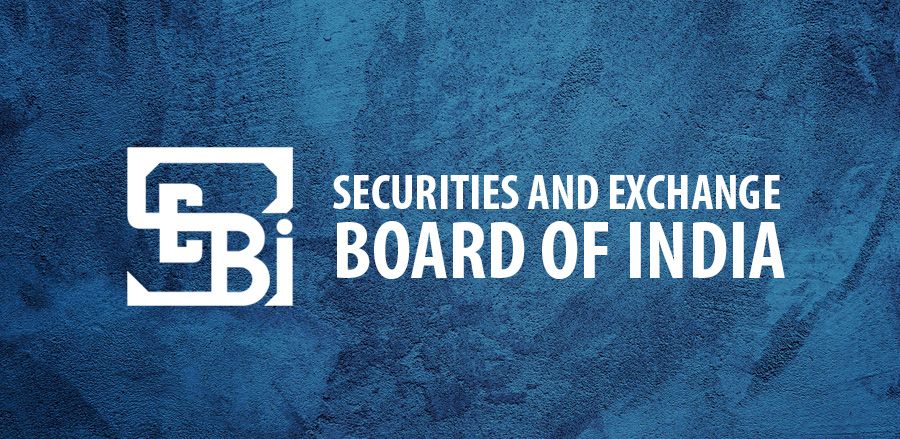News Highlight
Govt. puts the onus of regulating index providers on SEBI amid concerns about the safety of investors’ savings parked in funds linked to indices.
Key Takeaway
- The government has squarely placed the Securities Exchange Board of India in charge of regulating the practices of market index providers (SEBI).
- Concerns have been raised concerning the safety of passive investors’ investments held in index-linked funds.
- Notwithstanding the Adani group’s downfall following the Hindenburg Research report, it has added or kept many Adani group equities.
Index Provider
- About
- Index providers are organisations that create and manage indices.
- One of the index provider’s major duties is classifying and characterising markets.
- Their indices represent a market or a piece of a market and give a performance benchmark for that market or sector.
- They are responsible for establishing the rules that govern which securities are included in each index.
- The index and how securities are added or removed from the index are managed over time.
- They also usually determine how stocks are categorised, such as whether they are Healthcare, Oil & Gas, developed or Developing market stocks.
- An index provides a glimpse of the market for investors and other stakeholders.
- Global famous institutions such as S&P Dow Jones, MSCI, and Bloomberg provide indexes.
- In India, this practice is typically carried out via stock exchange subsidiaries.
- The most important indices in India are the Nifty50 supplied by NSE Indices.
- A collaboration of S&P Dow Jones Indices and BSE Lied provided the Sensex.
Index Funds
- An index fund is a stock or bond portfolio designed to replicate the composition and performance of a financial market index.
- Actively managed funds have higher expenses and fees than index funds.
- Index funds use a passive investment strategy.
- Index funds attempt to mirror the market’s risk and return on the idea that the market will outperform any investment over the long term.
India’s Index Fund
- Index funds and exchange-traded funds (ETFs) have been available to Indian investors for more than two decades.
- Since 2015, their assets have grown at an exponential rate.
- Index funds and ETFs now account for approximately 16% of the over 41 lakh crore assets managed by India’s mutual funds, up from eight in 2008.
Securities and Exchange Board of India (SEBI)
- About
- SEBI is a statutory body established on April 12, 1992, in compliance with the terms of the Securities and Exchange Board of India Act, 1992.
- Aim
- To protect the interests of securities investors and to support the development and regulation of the securities market.
- It is the government-owned regulator of India’s securities and commodity markets.
- Powers and Functions
- It is a quasi-legislative and quasi-judicial body with the authority to write regulations, conduct investigations, issue judgements, and inflict penalties.
- To safeguard Indian investors’ interests in the securities industry.
- To encourage the growth and smooth operation of the securities market.
- To govern the functioning of the securities market.
- Portfolio managers, bankers, stockbrokers, investment advisers, merchant bankers, registrars, share transfer agents, and others will use it as a platform.
- To govern the activities of depositors, credit rating agencies, securities custodians, foreign portfolio investors, and other participants.
- To educate investors about the securities markets and the intermediaries who serve them.
SEBI’s proposal
- Noting the “increasing dominance of Index Providers due to the expansion” of passive funds that drive capital flows to assets.
- Because they are a component of a certain market index, SEBI has recommended bringing them under its regulatory scope.
- While there is “some transparency” in their operation.
- SEBI believes that index makers can “exercise discretion through changes in methodology that result in the exclusion or inclusion of a stock in the index or change in the weights of the constituent stocks.”
- Their judgements affect not just the volume, liquidity, and price of such equities but also the returns to investors of index funds.
- Worried about the possibility of conflict of interest in index governance and administration.
- SEBI has advocated instituting an accountability framework for them.
- The plan, which is expected to be implemented soon, involves requiring index providers.
- It is to register with SEBI and subject them to eligibility criteria, compliance, disclosures, and frequent audits.
- SEBI intends to impose penalties for noncompliance and improper disclosures, among other things.

Pic Courtesy: AJSH
Content Source: The Hindu



